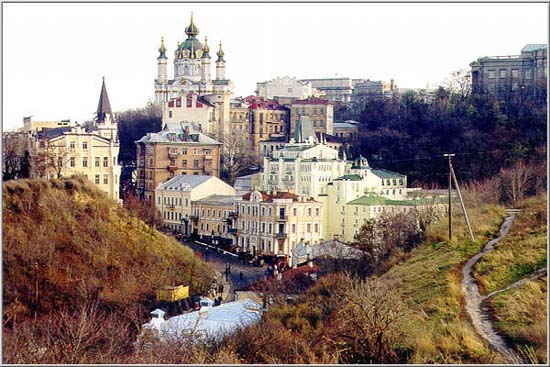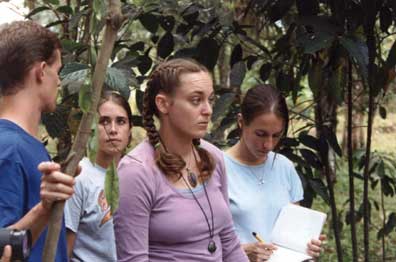
| By Admin1 (admin) (pool-151-196-121-209.balt.east.verizon.net - 151.196.121.209) on Friday, December 19, 2003 - 9:36 am: Edit Post |
Ukrainian newspaper alleges that of the 200 Peace Corps volunteers working in Russia, 30 turned out to have been spies


